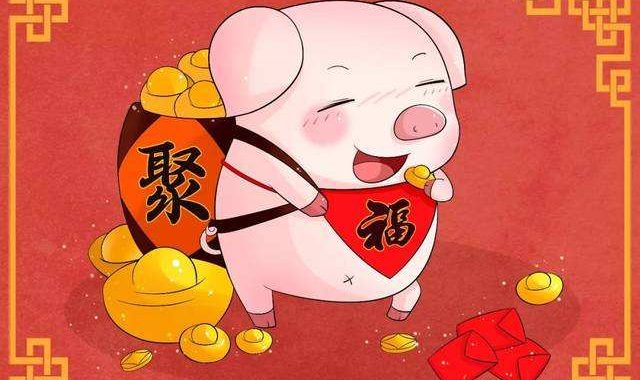How are Chinese people addressed?
2 min readIn China,the family name is followed by the given name.In the Western practice,it is just reverse.The Chinese sometimes reverse the order of their two names to confirm with the Western practice,and this may confuse Westerners who know that family names in China are traditionally placed first.
The Chinese themselves generally address each other by the family name and anappropriate title,or by both the family and full given name together,with the family name first.The reason is that it helps distinguish all the Zhangs,Wangs,and Lis from one another.

It is also customary to address Chinese by their given name,using the title Miss,Mrs.,or Mr.until persons become good friends and know one another’s nickname.There are a large range of official titles and formal address forms in daily use,especially occupation-linked titles such as doctor,professor,and mayor.
Younger members address older members according to their formal role within families such as older brother,cousin,sister-in-law and so forth.

How are Chinese women addressed?
A woman in China does not take her husband’s name after her marriage but keeps that of her father.The word,nishi,translated as“Ms.”is a formal title for an adult woman,married or unmarried.The Chinese seldom use ntishi among themselves,but welcome its use by foreigners.You may address any young woman who is not likely to be married as xiaojie,translated as“Miss,”but this form of address is socially delicate in the case of women in their late twenties andearly thirties because it is widely believed that by that age a woman should be married.If you do not know whether a woman of this age is married,address her as nushi.
What is the meaning of lao and xiao?
01der persons who have no work-related title are commonly called lao; younger persons with no identifiable name or job title may be addressed as xiao. Xiao may be translated as“young”or“junior,”lao as“old”or“senior.”
Which term is used depends on the relation between the ages of the speaker and the person spoken to.The general rule is this:an older person calls a younger person with whom he and she is familiar Xiao So-and-so;a younger person calls an older person Lao So-and-so.Xiao or lao may be used with persons of either sex,althougl lao tends to be used more frequently with males.









